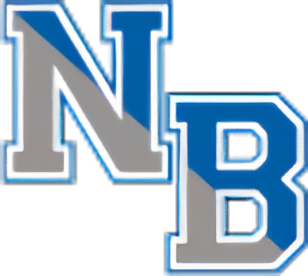Skip to content
Show submenu for Administration
Show submenu for District Departments
Show submenu for Student Resources
Student Resources
Show submenu for Parent/Guardian Resources
Parent/Guardian Resources
Military Families
Hall of Fame
Show submenu for
